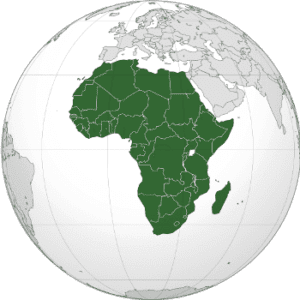“First, build infrastructure—energy, roads, and technology grids. These are the foundations of any strong and durable edifice.” This means closing Africa’s infrastructure gap, says Christine Lagarde, Managing Director of the International Monetary Fund (IMF).
Addressing the Africa Rising conference in Maputo, Lagarde explained that, over the past three decades, per capita output of electricity in Sub-Saharan Africa remained virtually flat. Only 16% of all roads are paved, compared with 58% in South Asia. “These shortfalls represent huge costs to businesses—and to people,” she said. However, Lagarde pointed out that many African countries are taking encouraging steps to close this infrastructure gap. She cited Ethiopia and Mozambique as examples, where investments in the energy sector are being scaled up, including through projects that promote cross-border trade in electricity. Kenya and Côte d’Ivoire are also initiating regional infrastructure projects in electricity, and road and railroad networks.“These investments are critical for growth to be sustained—and broadened. High quality infrastructure can be a magnet for foreign investment. It can accelerate diversification and employment creation, and support further regional integration,” she said.
However, she pointed out that the costs of closing this infrastructure gap can be daunting. Africa needs an estimated $93 billion annually in investments. In most cases, the investments are large and upfront. They need to be carefully selected, managed and implemented within a medium- to long-term budget perspective.
“Here, the fund (IMF) can help. We are working with many of our member countries—through our capacity building centers and on-the-ground technical assistance—to strengthen public investment and debt management capacity. This helps to put these countries in a much better position to take advantage of increasing financing options,” said Lagarde. “We are all witnessing a momentous transformation in Africa, she concluded. “The opportunities are vast and the challenges, while significant, can be overcome—through sustained strong policies, both economic and social. Now is the time to go further—to work together towards an inclusive, job-rich and sustainable growth strategy. Now is the time to extend the gains that many countries have enjoyed to those that have been left behind—by helping them overcome fragility and build strong institutions.”






